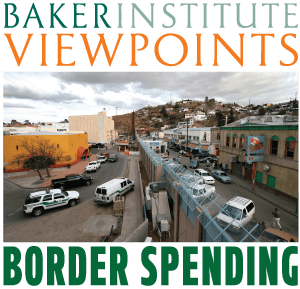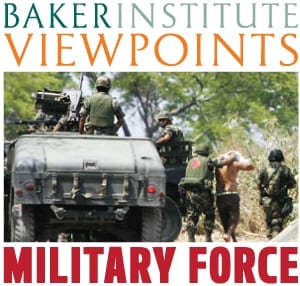Youth gang prevention in Mexico
Mexico’s struggle with organized crime has consumed much of the policy agenda in the administrations of Felipe Calderón and now, Enrique Peña Nieto. Academics and policy analysts looking beyond the battles with high-level organized crime groups have identified street gangs in Mexico as a potential looming security threat. After conducting interviews with gang experts in Mexico, I discovered that security-centric responses often exacerbate the problem. Mexico would be better served by a long-term development and human rights-oriented strategy to address the problem of youths in gangs. Continue Reading

